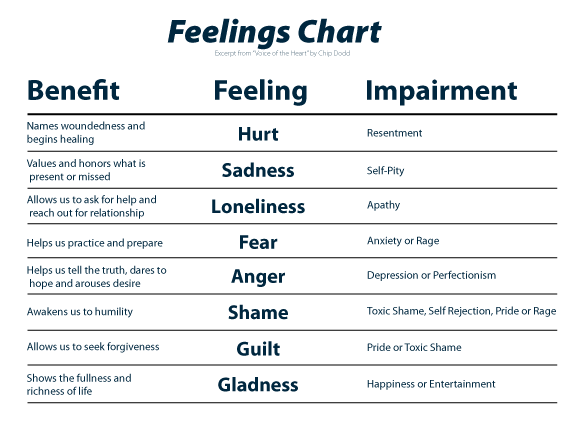Food & Mood
Food has always accompanied feeling. We were born to feel crumby when we are hungry and peaceful when we are satisfied. As we get older, food gains and increasing number of associate feelings. These feelings may include perfectionism, boredom, inadequacy, celebration, depression, control, fear, stress. We crave certain feelings, which is mistaken for food. Yet cravings are passed off as guilty pleasures, filling deficiencies, a need. This drive to satiate various feelings may leave us feeling fat, frazzled, and further from the feeling we were craving. So we diet, binge, eliminate food groups, spend countless hours and dollars on food science. Such behavior may be called disordered eating. Disordered eating more than often leads to an Eating Disorder. Yet food is not the problem. Nor is it the cure. Food is but a symptom.
Click these links to take a Disordered Eating Assessment Quiz:
https://www.sa.psu.edu/uhs/healthinformation/eatingattitudes.cfm
OR
http://psychcentral.com/quizzes/eat.htm
Some of us live to eat. Others may eat to live. Whether you identify with either of those categories, food is not an optional part of this live. You cannot exist unaffected by food. Because food is a necessity common amongst all creatures, it is often utilized as a meeting point. A majority of time people plan to come together food will be involved. Our food choices then a e affected by the purpose of the meeting. Family favorites may be made for a Holiday. A cake is made for a birthday. Salad may be chosen on a first date or if you are obese and self-conscious. Weekend quality time may be celebrated with Mexican food and beer. A morning business conference may provide plenty of donuts, bagels, and coffee. Meeting and eating have an important impact on us as an individual. Family, friends, dates, or business often is what influences the way we think, feel, what we do, and how we see ourselves. This happens for the good and bad. Such influences generally drive our eating habits, even when we are alone. Have you ever thought about why you eat the way you do or who might have influenced you to do so?
Next time you are struggling with wanting to eat something you shouldn’t, want to eat even though you are not hungry, can’t make yourself eat, or can’t make yourself stop eating- pause and examine what feeling could be driving the urge. Use the feelings chart below to help find what you are feeling and identify its root. This will help you discover what you need to address in your life in order to curb this food behavior. Obviously this not an overnight cure, but hopefully the beginning down the pathway that will lead to healing.
